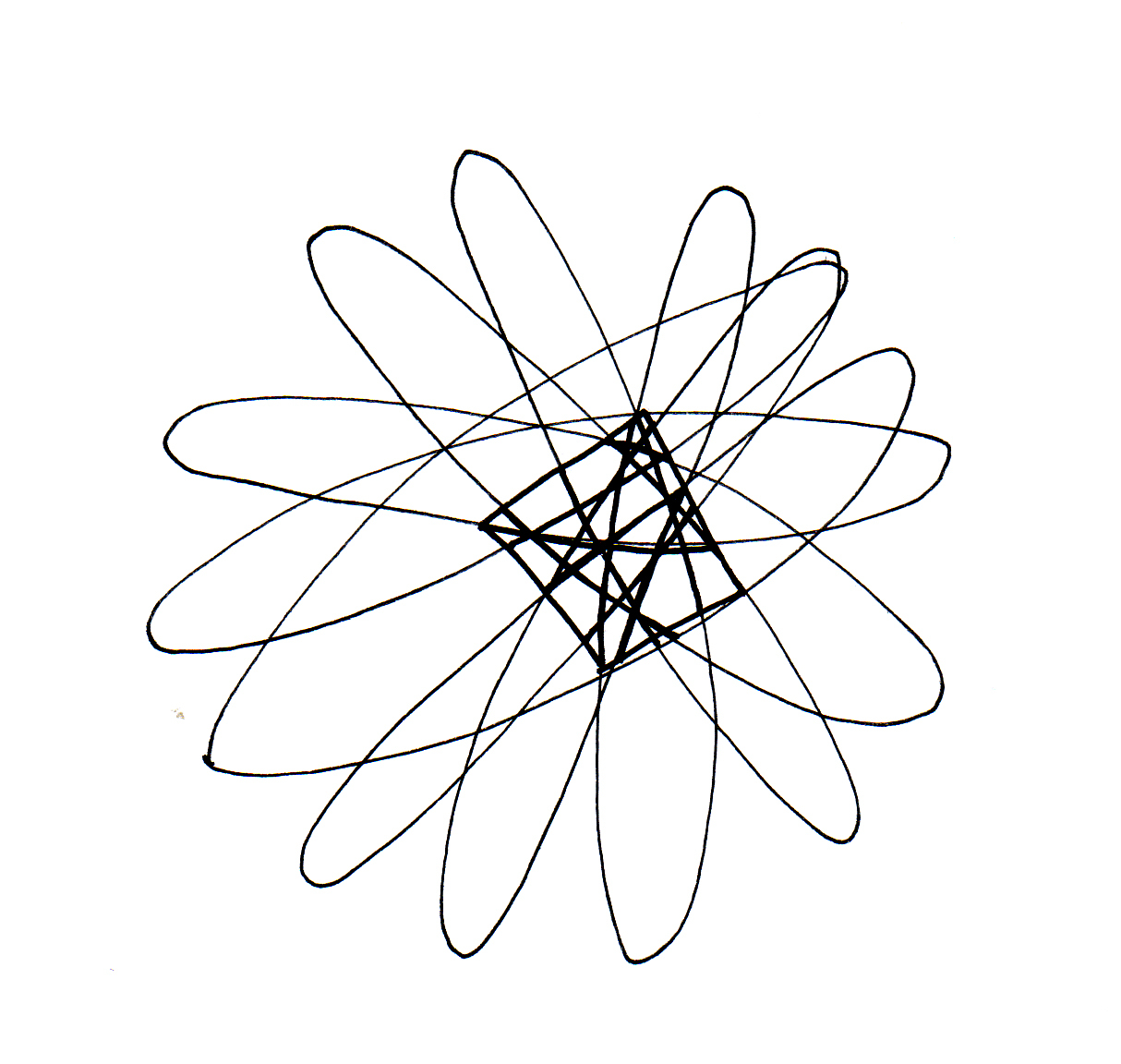Workshop

Testimonies and Future Blind Panel
Testimonies
09:00 – 10:30 (Meet up at main reception area 08:45)
Venue: The board room, Kunsthøgskolen i Oslo (KHiO)
2nd. Witness – approx 30 min
3rd. Witness – approx 30 min
4th. Witness – approx 30 min
Future Blind Panel
11:00 - 15:00 (Meet up at main reception area 10:45)
Venue: New theory room, Kunsthøgskolen i Oslo (KHiO)
Facilitator: Tom Wengraf
Both elements in the program are parts of the assessment procedure of Jesper Alvær's project Work, work: Staging dislocation in artistic and non artistic labour. For more information and to observe testimonies and/or panel, a preliminary registration is necessary.
Please contact:
Jesper Alvær / jespalva@khio.no / 48050535
(Limited capacity)
Link: http://artistic-research.no/jesper-alvaer-work-work/
See also the two-day workshop with Tom Wengraf and the Biographic-Narrative Interview Method
About the panel
If a psychoanalytical frame of attention to transference and countertransference is brought to bear on the interview text and on the deliberations of the panel of people who together undertake the analysis, latent and unconscious meanings become accessible for reflection. Where narratives of personal development involving conflict and ambivalence are at issue, this may be particularly useful. Clearly, this approach to interview material posits a defended subject (Hollway and Jefferson 2000) whose motives and meanings may not be transparent to themselves, and whose account of their experience may very well differ from the version evolved by the panel members who undertake the work of interpretation. (Extract from Lynn Froggett and Tom Wengraf - Nila article on BNIM panel interpretation).